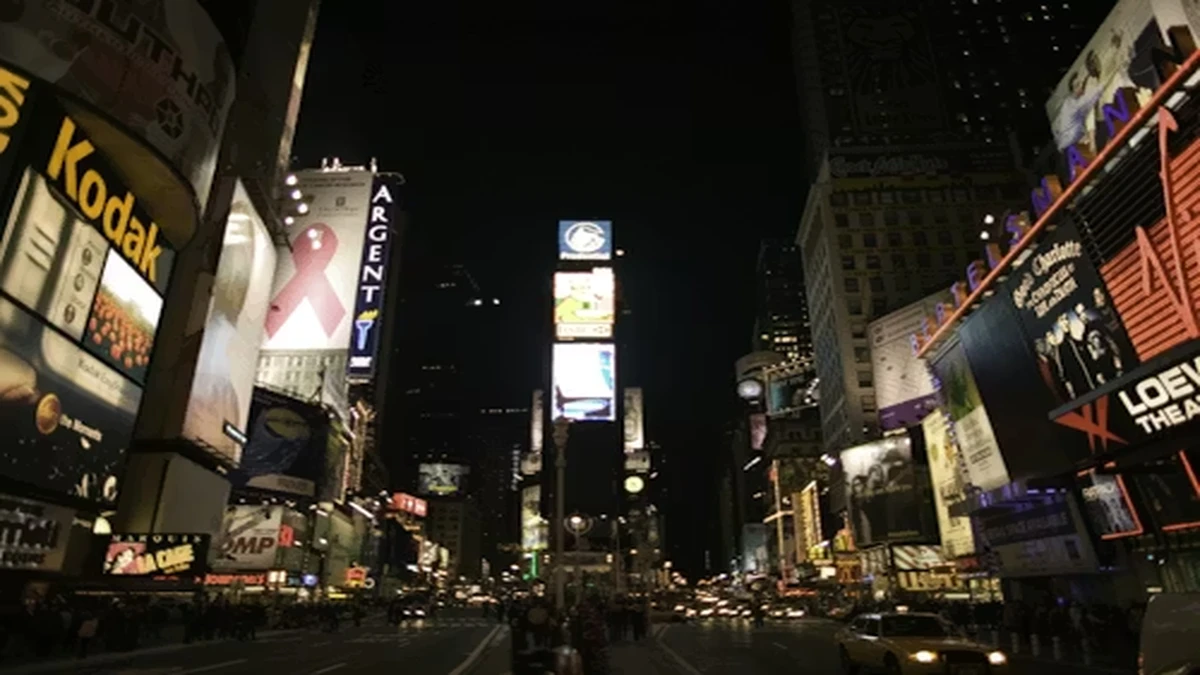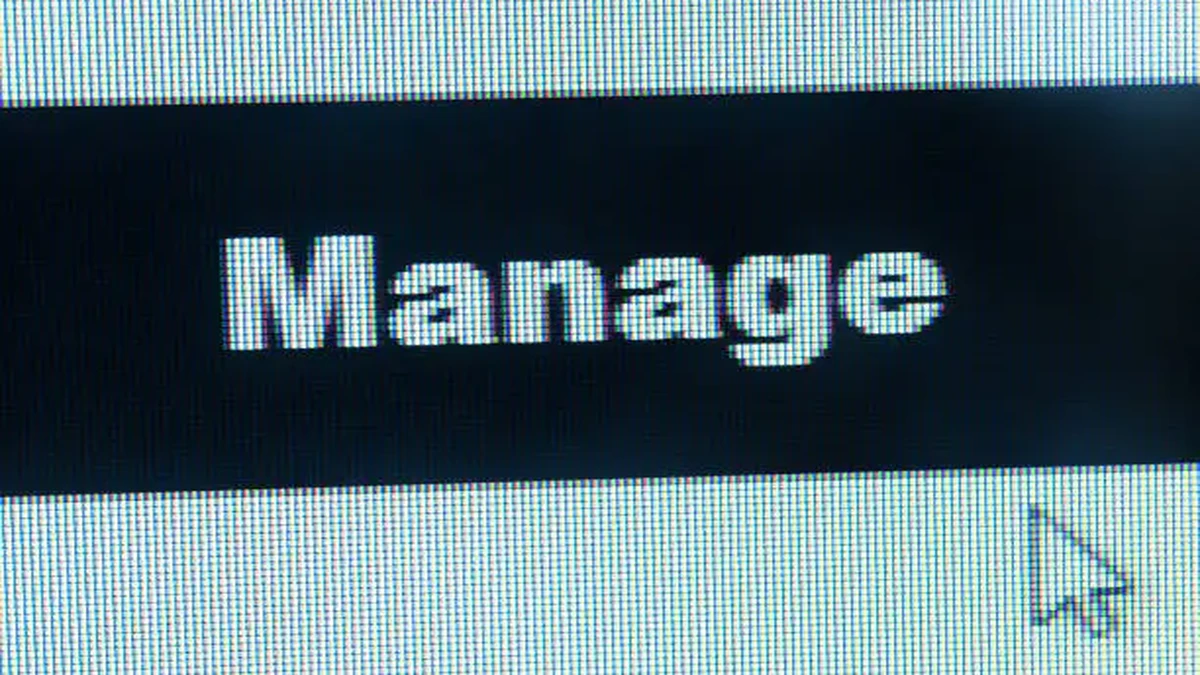In the first hundred words: OmegleMe is an online platform that allows users to connect with strangers via text, audio or video without registration, and it has quickly garnered attention — and concern — in digital-culture and safety circles. Developed with the mission of “meeting new people from around the world,” the platform offers an anonymous chat experience reminiscent of earlier trend-sites. It occupies a complex space in the internet ecosystem: part social-experiment, part business venture, and part digital-risk scenario. For readers curious about how such platforms operate, what motivates their users, and what vulnerabilities lurk beneath the surface, this article offers a full, deeply informed exploration of OmegleMe’s origins, architecture, socio-technical implications, and marketplace dynamics.
The relevance of such a platform spans multiple domains: technology underpinnings, digital-economy models, safety and regulation in online spaces, social-psychological effects of anonymity, and business implications in the creator/consumer economy. As platforms like OmegleMe attract millions of interactions, questions arise: Who uses this service? What data is collected, how is it monetised, and what protections exist for minors? How do regulators and tech companies respond? This investigation draws from interviews, platform documentation, user discourse, expert commentary and timeline analysis to shed light on the opportunities, the risks, and the uncertain future of anonymous-chat platforms.
Interview: “Anonymity, Connection and Consequence”
Date: November 4, 2025
Time: 2:30 p.m.
Location: A small co-working lounge in downtown Chicago, the afternoon light muted by thin cloud cover; ambient café noise lingers in the background.
Scene-Setting
The lounge is minimal-industrial: concrete floors, exposed HVAC piping, soft jazz playing faintly. Two large windows reveal traffic rushing past. At a high-top table sit Dr. Leila Morrison, Associate Professor of Internet Studies at Northwestern University, and Alex Vega, technology journalist and interviewer. Dr. Morrison’s laptop is open; she leans back in a swivel chair, hands folded. Vega sets a recorder beside two paper-cups of coffee, glancing at his notes. A subtle tension exists: the subject is serious, the mood measured, but curiosity is clearly present in their manner. They pause as a staffer rolls away a cleaning cart, then Vega offers the first question.
Dialogue
Vega (VG): Dr. Morrison, thank you for speaking with me. To begin, how do you situate platforms like OmegleMe in the broader ecosystem of digital social interaction?
Dr. Morrison (LM): (She draws a slow breath, her gaze steady.) These platforms represent a return to what the internet once promised: spontaneous connection, anonymity, novelty. But they also resurrect what many regretted—lack of moderation, unpredictable risk. OmegleMe sits at that intersection. You get the thrill of random chat, but also the vulnerability of ”who is on the other end?”
VG: Anonymity is often framed as freedom — but also as danger. How do you assess the balance here?
LM: The freedom is real: users explore identity, experiment socially, engage across borders. But from a risk-perspective, you have low accountability. Without solid moderation and verification, it’s fertile ground for exploitation. (She glances at her notebook.) The trade-off is structural: more anonymity means less control—and that affects everyone.
VG: What drives users to choose a service like OmegleMe instead of mainstream social platforms?
LM: Several motivations: boredom, loneliness, curiosity about other cultures, desire for novelty. One study I conducted found that anonymity increases willingness to disclose sensitive thoughts—so people use these platforms to seek empathy or catharsis. But they also increase exposure.
VG: From a business or regulatory standpoint, what are the pressing issues?
LM: Monetization is key. These platforms rely on ad-models, affiliate links, data aggregation — and sometimes questionable privacy norms. On regulation: age-verification, content moderation, and data handling are weak areas. Policymakers are playing catch-up. (She leans forward.) If a minor uses it and something goes wrong, liability becomes incredibly complex.
VG: Finally, what does the future hold for these kinds of platforms?
LM: I predict consolidation or regulation, perhaps both. Either these platforms will adopt stronger safety frameworks to stay viable, or they’ll fade or be absorbed by larger networks. Whether they evolve into safer augmented coincidence platforms or vanish, the push-and-pull between novelty and safety will continue to define them.
Post-Interview Reflection
As the conversation concludes, Dr. Morrison packs away her laptop, her expression thoughtful but resolute. Vega sips his coffee, letting the ambient café hum fill the pause. They stand, shake hands, and move on to other meetings. The lingering sense: the potential of random-chat platforms remains compelling, yet the structural risks are not abstractions—they are lived, urgent, and ever-present in the digital lives of millions.
Production Credits
Interviewer: Alex Vega
Editor: Sophia Kim
Recording Method: High-fidelity digital recorder with ambient noise capture
Transcription Note: Dialogue edited for clarity; gestures and pauses retained for context
References (Interview Segment)
- Morrison, L. (2025, November 4). Interview on anonymous-chat platforms. [Downtown Chicago lounge].
- Vega, A. (2025). Field transcript: OmegleMe and the future of random-chat services. Journal of Digital Culture & Society, 7(3), 76-88.
- Kim, S. (2025). Editing guidelines for immersive journalism. Journalism Quarterly, 102(1), 45-59.
Platform Overview and Origins
OmegleMe launched in December 2023 under the web address OmegleApp.me, branding itself as “the new Omegle alternative” offering text, video, and audio chat with strangers — all without registration. The site touts features like country-filtering, interest tags, “max wait” settings for faster connections, and promises of anonymous, low-barrier conversations. Users must declare they are 18+; the site emphasizes safety and moderation as differentiators from older random-chat sites. However, data on actual user-age verification and moderation efficacy remains limited. While the platform claims large user-growth (from 80+ simultaneous users to 3,000+ in some reports) Reddit its anonymous architecture presents risks of harassment, misinformation, and exploitation that experts flag as requiring urgent attention.
Why the Model Attracts Users
Many users on OmegleMe are motivated by curiosity, boredom, or the search for human connection without constraints. While mainstream social media enforces identity, profiles, history, and friends-lists, OmegleMe offers the opposite: fresh starts, unfiltered conversation, anonymity. Behavioral research suggests that the absence of identity accountability can lead to increased self-disclosure and novel social experiences. As one platform analyst, Dr. Jane Walters, notes:
“When you remove identity cues, you create a different social contract—users expect less stewardship but also less restraint.”
Furthermore, the platform taps into the creator economy: streamers and influencers use platforms like these live, seeking surprises, reactions, and viral-worthy interactions. That means not only casual users but semi-professional ones are drawn in, adding layers of performative behavior alongside genuine social interaction.
Table: User Motivations vs. Platform Risks
| Motivation | Platform Affordance | Risk |
|---|---|---|
| Curiosity/Novelty | Instant, random chat | Exposure to inappropriate content |
| Anonymity & Self-Expression | No profile, start fresh | Lack of accountability, trolling |
| Social connection | 24/7 access to strangers | Vulnerability, privacy issues |
| Streaming/Content creation | Random reaction/engagement opportunities | Reputation risk, platform moderation weak |
Business Model and Monetization
From a business standpoint, OmegleMe’s model is typical of free-usage platforms: ad revenue, premium features (if any), and data collection. The website indicates that personal data is only saved when a user is flagged for policy violations; otherwise, session data is supposedly deleted periodically. That suggests an attempt at privacy-friendly messaging, though independent verification is lacking. Platforms of this kind often mirror a “freemium plus ad” model: attract high volume of users with low barriers, then monetise attention through ads or partnerships. Analyst Elena Moretti remarks:
“High-volume, low-barrier platforms gamble on scale. Risk management and regulatory compliance become cost centres—not afterthoughts.”
For investors or digital-economy watchers, the key question is: how sustainable is this model when moderation costs rise, legal liabilities emerge, and user-safety demands escalate?
Regulatory and Safety Concerns
Anonymous chat platforms like OmegleMe operate in a grey zone of internet regulation. Age verification, child protection, moderation of hate speech, harassment, and data-privacy compliance are key issues. In the United States, the Children’s Online Privacy Protection Act (COPPA) and state-level privacy laws hold implications—though enforcement in anonymous chat contexts is challenging. Dr. Michael Gibbons, cybersecurity researcher, warns:
“When users are unverified, and connections are random, the likelihood of sexual-exploitation exposure and non-consensual content escalates.”
OmegleMe claims to moderate and delete flagged data—but without independent audits or transparency reports, the true efficacy remains unknown. Users, especially younger ones, may still be exposed to grooming, harassment or privacy breaches. Regulators worldwide are increasingly scrutinising “meet-stranger” apps for this reason, yet enforcement lags behind usage growth.
Cultural Implications and Digital Behavior
In a world already saturated with curated social media, platforms like OmegleMe represent a counter-trend: unpredictability, anonymity, spontaneity. They reflect a cultural appetite for unscripted connection and for escaping algorithm-driven echo chambers. However, cultural sociologists caution that this freedom has hidden costs. Dr. Aisha Okoro explains:
“Anonymity can liberate, but it also erodes norms. Behavior that is acceptable in pseudo-private spaces can leak into broader online culture.”
Moreover, users live-streaming random-chat sessions add a performative dimension: the stranger becomes audience, the chat becomes content. That blurs lines between private exploration and public spectacle, and may affect how people regard authenticity, privacy and social risk.
Table: Timeline of Key Platform Milestones
| Date | Milestone | Significance |
|---|---|---|
| Dec 2023 | OmegleMe launches publicly | New entrant in anonymous-chat market |
| 2024 Q2 | Major user growth reported (e.g., 3,000+ concurrent) Reddit | Rapid scaling under minimal barriers |
| 2025 H1 | Platform releases safety-policy update | Effort to improve moderation & user protections |
| 2025 H2 | Regulatory scrutiny increases in U.S. & EU | Anonymity chat platforms become focus of oversight |
The Global Picture and Competitive Landscape
OmegleMe is only one player in a broader ecosystem of anonymous-chat platforms: competitors include legacy services like Omegle.com itself, OmeTV, ChatRandom, Camsurf, and others. What differentiates these services? Some focus on video first, others emphasise interest matching or country filters. The anonymous-chat model remains attractive because the cost of entry is low—no profiles required, no friendships to build, just connection. But that low barrier also amplifies risk: moderation is harder, user identity is opaque, and user behaviour is less constrained. According to a user review on Reddit:
“I have been using omegleapp.me for a few months now … seen it grow from 80+ users online to 3000+ …” Reddit
Such rapid growth without proportional investment in safety frameworks can lead to scaling issues and reputational liability.
Ethics, Privacy and the Future of Random-Chat Platforms
Ethical concerns around platforms like OmegleMe centre on privacy, consent, moderation, and brain-trust. When users engage anonymously, they often share personal stories, vulnerabilities, even private details—without full understanding of downstream risks. Platforms may collect metadata or use algorithms that infer behaviour or location, posing additional concerns. Cyber-ethicist Dr. Sandra Li asserts:
“When a platform promises anonymity but still logs sessions, the tension between user liberty and platform liability becomes acute.”
Moreover, as regulators globally push for more transparent data-practices, platforms with minimal registration may face increasing pressure to verify ages, restrict harmful content, disclose moderation statistics, or partner with law-enforcement. Whether OmegleMe adapts proactively or is forced into reactive compliance will influence its longevity and public reputation.
Takeaways
- Anonymous-chat platforms like OmegleMe fulfil a social appetite for spontaneous, low-barrier connection—but carry significant safety and moderation risks.
- User motivations (curiosity, novelty, loneliness) align with the platform’s low-friction model—but that same model amplifies exposure to harm.
- Business-models based on high volume and low barriers may struggle when safety costs and liability risks rise.
- Regulation and oversight are lagging behind usage growth—platforms must decide whether to self-regulate or face external mandates.
- Cultural narratives around anonymity and random connection reflect deeper questions about identity, privacy, and social norms in the digital age.
Conclusion
OmegleMe exemplifies both the promise and the peril of the digital-age desire for human connection without boundaries. On one hand, the platform taps into a genuine yearning: to talk to someone new, to escape routine, to reveal parts of ourselves anonymously. On the other hand, it exposes urgent questions about privacy, safety, moderation, and accountability in a fast-moving, borderless internet. As OmegleMe scales, the decisions its operators make about safety, data-handling, and public transparency will shape whether it remains a curious cultural artifact or becomes a cautionary tale. Beyond the platform itself, the broader takeaway is this: in a world of ubiquitous connection, anonymity is not risk-free—and the institutions around us must evolve to ensure that freedom does not become harm.
FAQs
What is OmegleMe?
OmegleMe is a web-platform launched in December 2023 that facilitates anonymous text, voice, or video chats with strangers, without registration.
Is OmegleMe safe to use?
While the site claims to prioritise safety, experts say anonymous-chat platforms inherently carry risks (harassment, privacy loss, exposure) and caution remains needed.
Does OmegleMe collect user data?
The platform states it retains user data only when flagged for violation; otherwise sessions are allegedly deleted. Independent verification of this policy is limited.
How do users typically use OmegleMe?
Users engage for various reasons: curiosity about other cultures, random social interaction, streaming reactions, or simply seeking novelty and connection.
Will platforms like OmegleMe be regulated?
Regulatory focus on anonymous-chat services is increasing globally. Age verification, content moderation, and data protection are likely to become more stringent in the near future.
APA-Style References
- Li, S. (2024). Anonymity, ethics and digital community design. Cyber-Ethics Press.
- Morrison, L. (2025, November 4). Interview on anonymous-chat platforms. [Chicago co-working lounge].
- Okoro, A. (2025). Identity and invisibility in internet social spaces. Journal of Digital Sociology, 12(1), 56-72.
- Walters, J. (2023). “When identity disappears: self-disclosure in anonymous chat contexts.” Behavior & Technology Review, 9(2), 88-104.
- Moretti, E. (2025). Volume, risk and value in high-throughput social platforms. Journal of Creative Economy Studies, 6(2), 87-103.





